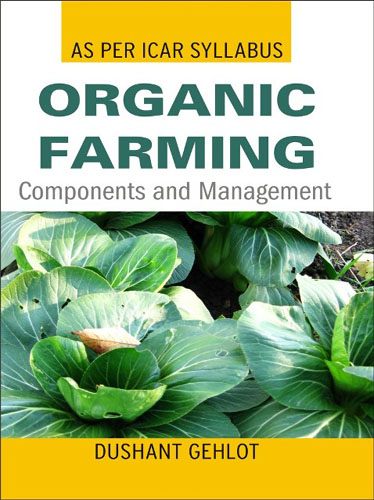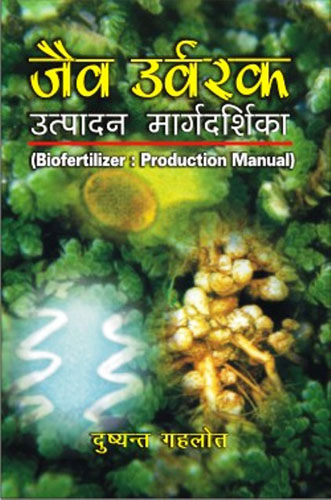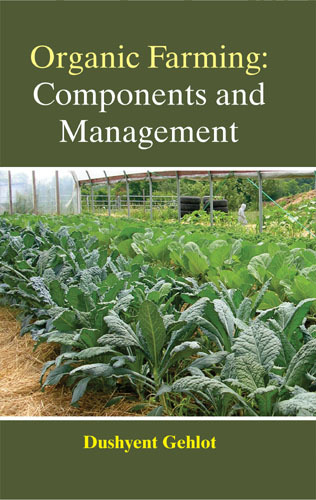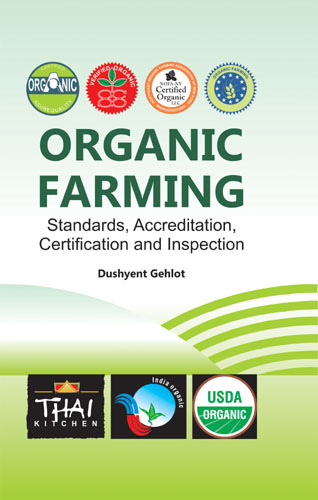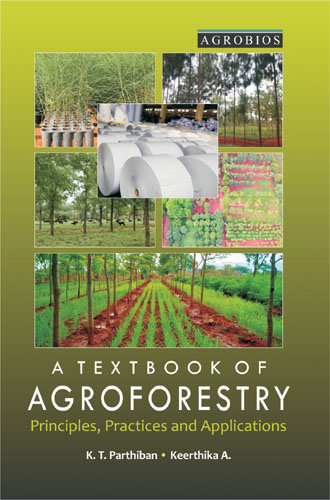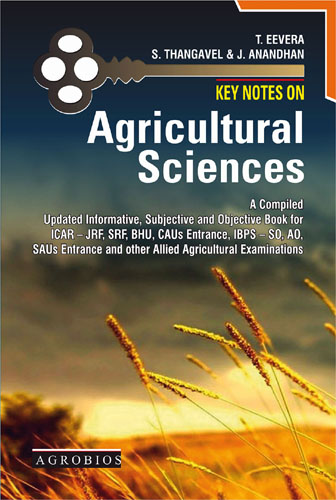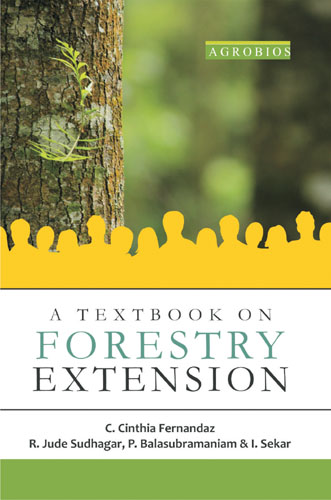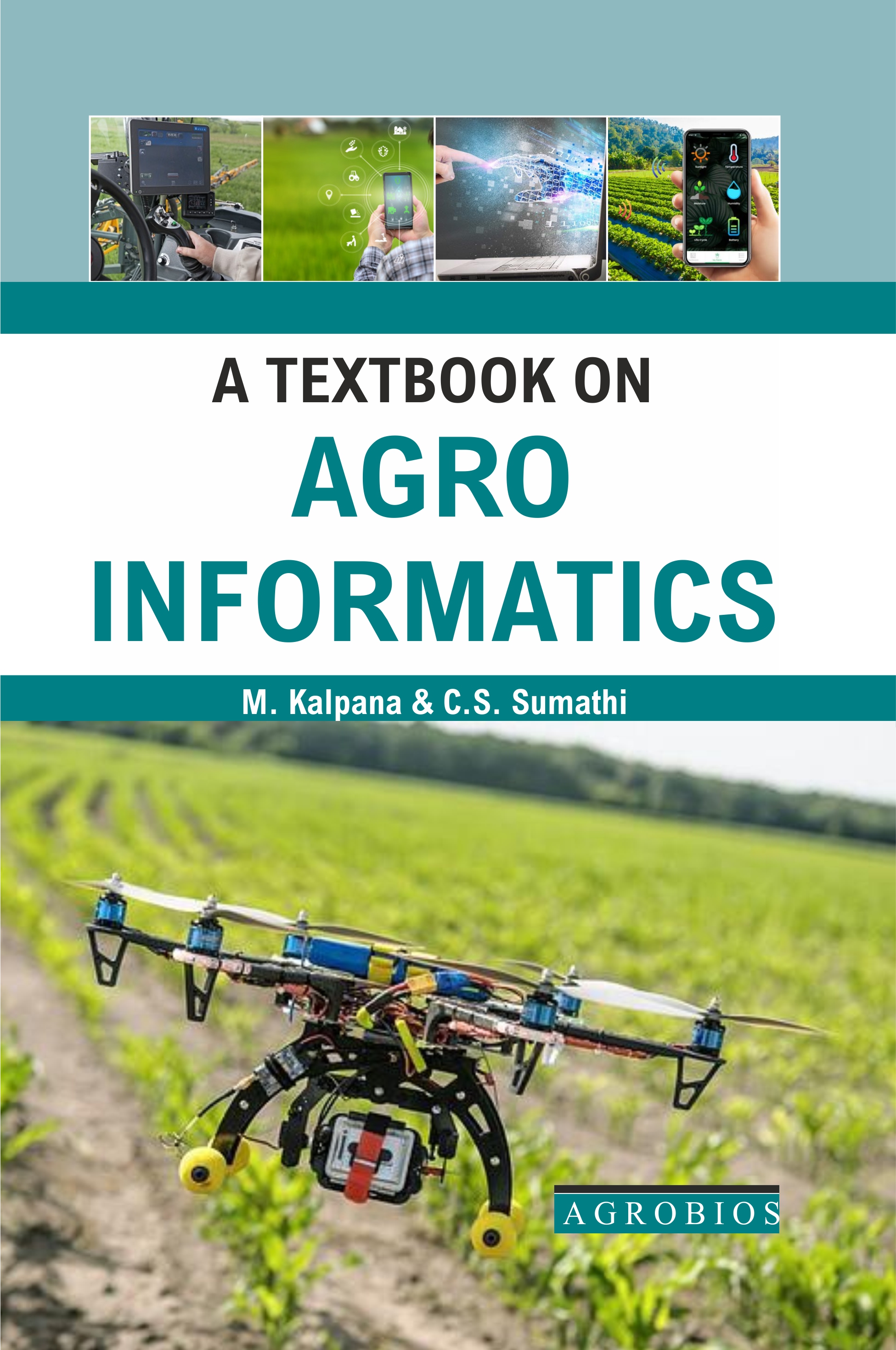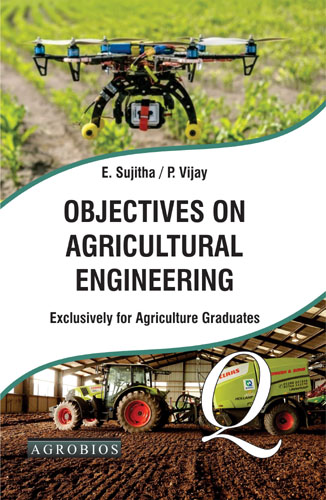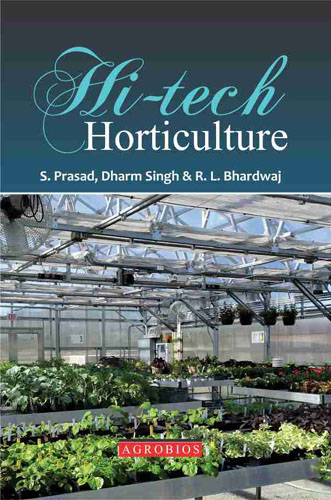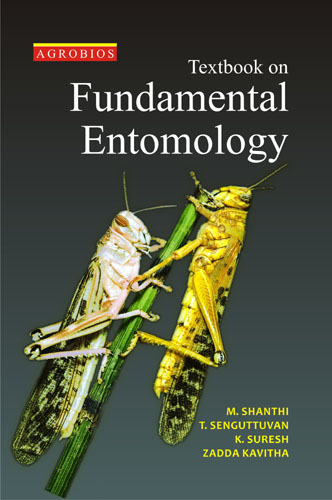Organic Farming: Components And Management (pb)
Organic agriculture is defined worldwide as farming without the addition of artificial chemicals.
On organic farms, no artificial chemicals are used.
They are not used to prepare the soil, to grow the crop or to produce anything on which the crop feeds, or to store, processor market the produce.
In addition, animals are allowed to range as freely as is practicable.
Good organic farming is not a backward step.
It combines the best of old knowledge and traditions with the best of modern science.
It has much in common with other good management.
Organic farms, like other well-run farms, need a high level of management, particularly of soils and pests.
The present book has been designed according to recent syllabus of ICAR.
The following chapters have been included in the book are concept and definition of organic farming, problems of soil degradation, land, soil health and water management, nutrient recycling, crop residues, organic manures, organic composts, soil biota and decomposition of organic residues, earthworms and vermi-compost, green manure, biofertilizers, farming systems, control of weeds, biological control of diseases and insects, pheromones and mechanical control of insect pests, biopesticides, socio-economic impacts, marketing and export potential, certification, inspection and labeling procedures.
In the end Glossary and Subject Index have been given.
On organic farms, no artificial chemicals are used.
They are not used to prepare the soil, to grow the crop or to produce anything on which the crop feeds, or to store, processor market the produce.
In addition, animals are allowed to range as freely as is practicable.
Good organic farming is not a backward step.
It combines the best of old knowledge and traditions with the best of modern science.
It has much in common with other good management.
Organic farms, like other well-run farms, need a high level of management, particularly of soils and pests.
The present book has been designed according to recent syllabus of ICAR.
The following chapters have been included in the book are concept and definition of organic farming, problems of soil degradation, land, soil health and water management, nutrient recycling, crop residues, organic manures, organic composts, soil biota and decomposition of organic residues, earthworms and vermi-compost, green manure, biofertilizers, farming systems, control of weeds, biological control of diseases and insects, pheromones and mechanical control of insect pests, biopesticides, socio-economic impacts, marketing and export potential, certification, inspection and labeling procedures.
In the end Glossary and Subject Index have been given.
Gehlot D
555Book Details
Book Title:
Organic Farming: Components And Management (pb)
Organic Farming: Components And Management (pb)
Book Type:
TEXTBOOK
TEXTBOOK
No Of Pages:
374
374
Color Pages :
0
0
Color Pages :
0
0
Book Size:
DEMY (5.5X8.5)
DEMY (5.5X8.5)
Weight:
350 Gms
350 Gms
Copyright Holder:
Imprint:
M/s AGROBIOS (INDIA)
M/s AGROBIOS (INDIA)
Readership:
FIELD WORKERS | PG STUDENTS | UG STUDENTS |
FIELD WORKERS | PG STUDENTS | UG STUDENTS |



